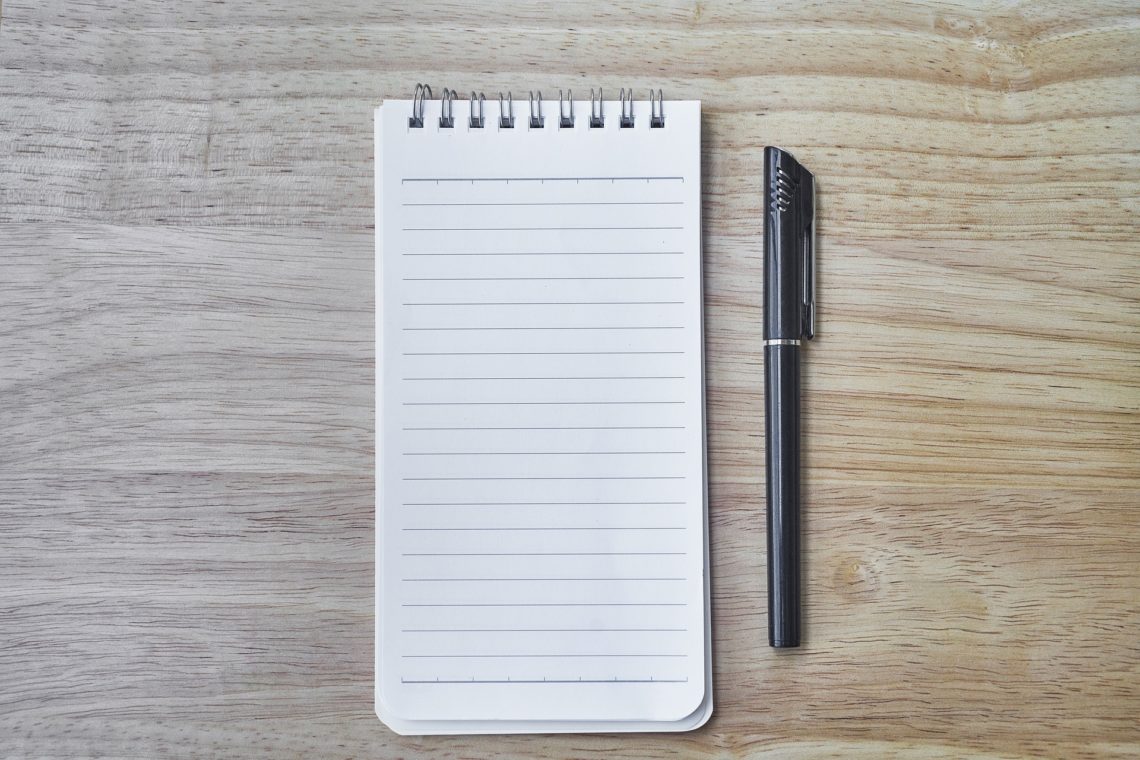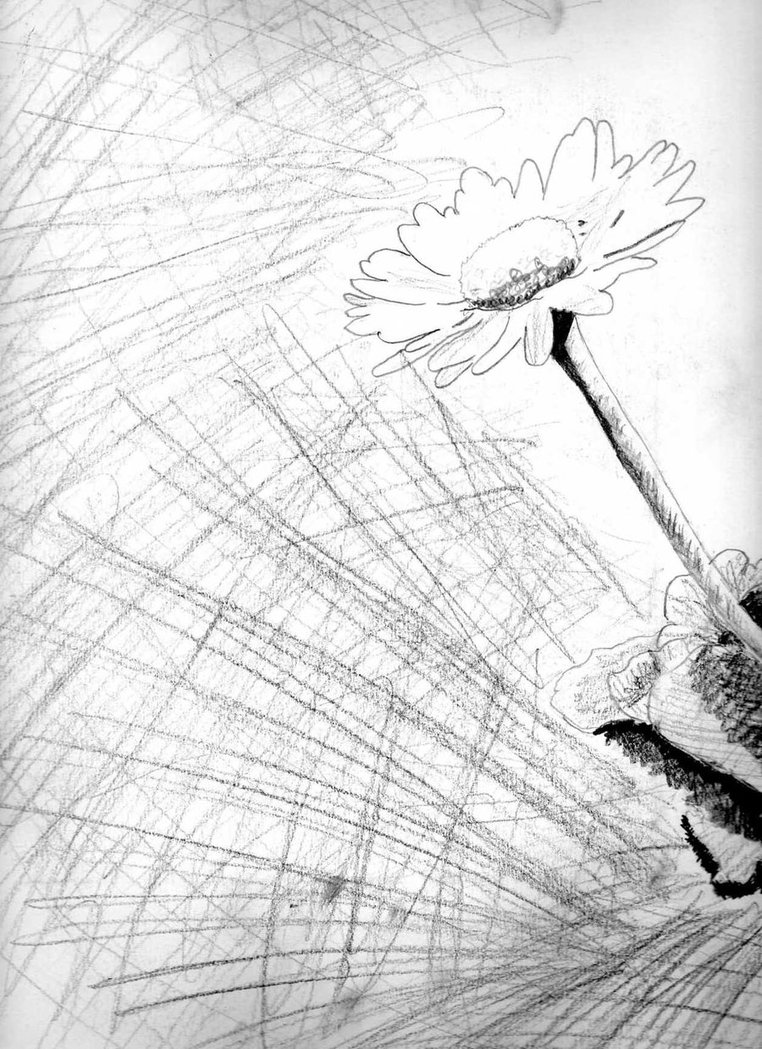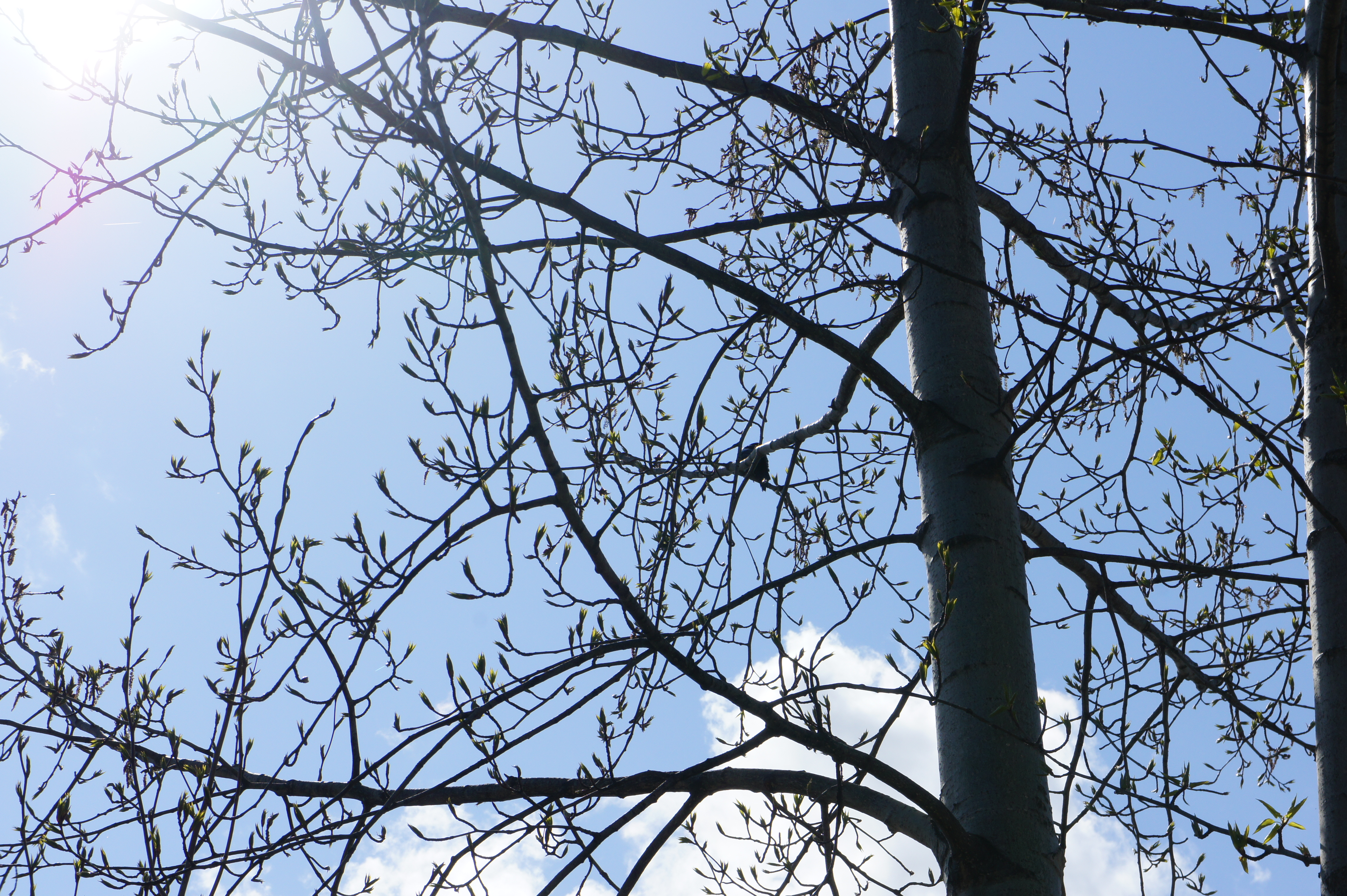By Rosanne Pagano
Over the course of four drizzly weeks in March 2022, a time when both interviewer and subject were on the road, making it hard for one to catch up with the other, writer and APU faculty member Rosanne Pagano met for a scattering of conversations about the how and why of teaching her craft. Pagano, dressed in a V-neck black sweater, faded wide-legged jeans and damp Blundstones, was prompt and organized; she asked for interview questions in advance (not all were supplied) and arrived with brief, messily handwritten notes entered in pencil in the pocket-sized Rhodia notebook she carries everywhere. We met four-and-a half times at a French-themed coffeehouse in gentrified Ballard, the Seattle neighborhood where she was staying at the home of her best friend from high school, Class of ’78.
This Turnagain Currents interview was compiled from notes over the course of our meetings and has been edited for brevity and logic. Two things that Pagano says she swears by but, as our conversations revealed, only occasionally achieves.
Turnagain Currents: So the thing students seem to say about you is that you missed a calling in stand-up. That in the course of a class you’ll toss out a lot of asides, not all of them audible in the back row, and then expect a laugh, especially when dissing the Oxford comma.
Rosanne Pagano: I’m going to take that as a compliment, you know, as an indicator that our students are not only attentive – really, they say this? I find it hard to believe, frankly – that students are not only recalling what this or that instructor might be saying but also taking note of how it was said. Aristotle would be proud of these students – as I am, by the way – for their admirable capacity to absorb information on two levels at once. In this case, in the matter of that rhetorically redundant, pathetically pedantic Oxford comma, the what is, “Here’s one less thing to worry about.” And the how is, “Punctuation! You crazy bastard!”
TC: You want students to conclude that punctuation is funny ha-ha or funny weird. Or both?
RP: What I want is for students to think for themselves, starting from the comma on up. And honestly, it’s just fun to watch thoughtful young people encounter someone up there in the front of the classroom who in this very small way – I mean, a comma, that’s pretty tiny – they’re meeting an instructor who maybe for the first time in those students’ lives is encouraging them to break a Very Serious Rule of Writing. If we can poke fun together at a comma, we can go on to question a lot of other strictures that strait-jacket student writers.
Reconsidering the so-called rules is an important step on the way to enjoying thinking in writing. Which is really important and really hard to teach.
TC: You’re saying that because students might recall a classroom diversion on the Oxford comma they’re more likely to enjoy thinking? And then eventually go on to enjoy writing? That feels like a stretch.
RP: You’re the one who said that students themselves bring it up, not me. (She laughs and so does the interviewer. They exchange “I see what you did there” looks.) I don’t mean to overextend the connection between commas and writing, between commas and thinking. All I’m trying to say is that in the writing classroom, what matters to me most of all – well, maybe second most because logic and brevity are Job No. 1 – what I’m looking for in student writers is the curiosity it takes to become better. That’s it.
To get good at any kind of writing – let’s say you’re compiling interview questions or you’re sending a note to your kid’s teacher, Please excuse my Chris from sex ed class – whatever the everyday task is, the real pleasure comes in knowing you can carry the day with words in writing. Words that someone else will bother to read and act on because (a) they’re short, (b) they’re true, and (c) they’re all yours.
TC: That’s a lot to cram into a 12-week class, don’t you think? I mean, it feels a little metaphysical. Don’t students really need to know when and where to use a comma? It’s a little thing, as you say, but I mean, come on.
RP: Let’s take the last question first because it’s harder. (She finds this quip funny, waits for a laugh that doesn’t come. Checks her Rhodia and draws a line through a couple of sentences before continuing.) Yes, of course people need to feel confident about where to put a comma. So we demand that they master the Big Four types – listing, joining, gapping, bracketing. Oh wait. Or should they live and punctuate instead by the Eight Comma Rules? Or maybe the 15 Comma Rules?
Or we could quit trying to parse all that. No apologies for the pun by the way. We could instead free student writers to know themselves first as writers and only second as students of externally imposed limits that even comma rules – maybe especially comma rules – induce. Doesn’t that sound like more fun, knowing yourself through your writing. It has worked for me and I hope for you too. To be honest, you seem like a hard worker who might benefit from more fun.
TC: I’m not sure you’ve answered my question about metaphysics in 12 weeks. What if students want rules, not philosophy. I’m reminded of Atwood’s comment1 about hope and every act of writing. I think students are supposed to be encouraged by an approach like hers and yours, but there’s an equal chance that at least some are just scared off by the idea that to write well you have to trust in yourself first, to begin acquiring that trust in the span of a 12-week undergraduate class.
RP: “To write well you have to trust in yourself first.” May I borrow that and credit you? I could not have said it better myself.
1 Canadian-born Margaret Atwood (1939- ), author of “The Handmaid’s Tale” and many other books of fiction, poetry and critical essays, is credited with saying, “It is, actually, a hopeful act just to write anything, really, because you’re assuming that someone will be around to [read] it.”
(END)
Bio: A regular contributor to Turnagain Currents, Rosanne Pagano is an Anchorage-based writer and APU faculty member.





